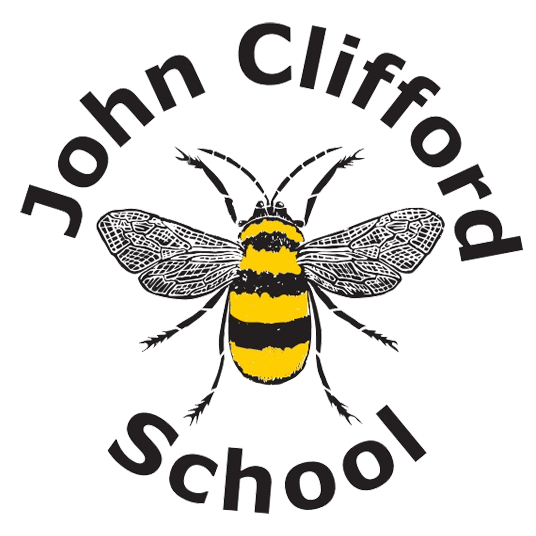Why do we teach Spanish?
In an increasingly globalized world, intercultural competence is essential, and it is important to awaken children’s interests in other people and cultures at a time when they are open and receptive. Learning a language enriches the curriculum, providing excitement, enjoyment and challenge for children and teachers, helping to create enthusiastic learners and to develop positive attitudes to language learning throughout life. The natural links between languages and other areas of the curriculum can enhance the overall teaching and learning experience. The skills, knowledge and understanding gained make a major contribution to the development of children's oracy and literacy and to their understanding of their own culture/s and those of others. Learning other languages helps to challenge children’s stereotypes, fosters their creativity and improves their communication and cooperation skills.
How do we teach Spanish?
Teachers in KS2 deliver the Spanish curriculum, whilst in EYFS and KS1, children are introduced to basic Spanish vocabulary. Our scheme of work has been adapted to ensure that a logical and manageable progression is made over the course of 4 years. This involves the learning and embedding of phonics to long term memory. The words are learnt in a multi-layered way through seeing images, hearing and repeating the sound of the word and doing an accompanying gesture. This VAK approach strengthens memory, making the knowledge secure enough for easy retrieval and more importantly, for application to new words in new contexts. After the initial lesson(s) to teach the phonics words, regular practice in applying the knowledge to the pronunciation of new words with the same sound-written relationship is completed. Pupils develop their vocabulary and expressions and learn grammatical rules e.g. placement of adjectives and recognising words that are spelt differently depending on the gender of the noun. Pupils develop accurate reading, writing, speaking and listening skills and build a solid foundation for further language learning.
Pupils are taught to:
- listen attentively to spoken language and show understanding by joining in and responding
- explore the patterns and sounds of language through songs and rhymes and link the spelling, sound and meaning of words;
- engage in conversations; ask and answer questions; express opinions and respond to those of others;
- seek clarification and help;
- speak in sentences, using familiar vocabulary, phrases and basic language structures;
- develop accurate pronunciation and intonation so that others understand when they are reading aloud or using familiar words and phrases;
- present ideas and information orally to a range of audiences;
- read carefully and show understanding of words, phrases and simple writing;
- appreciate stories, songs, poems and rhymes in the language;
- broaden their vocabulary and develop their ability to understand new words that are introduced into familiar written material, including through using a dictionary;
- write phrases from memory, and adapt these to create new sentences, to express ideas clearly;
- understand basic grammar appropriate to the language being studied, including (where relevant): feminine, masculine and neuter forms and the conjugation of high-frequency verbs; key features and patterns of the language; how to apply these, for instance, to build sentences; and how these differ from or are similar to English.
What are the outcomes for our children?
Our Modern Foreign Language curriculum is high quality, well thought out and is planned to demonstrate progression. If children are keeping up with the curriculum, they are deemed to be making good or better progress. In addition, we measure the impact of our curriculum through the following methods:
- A reflection on standards achieved against the planned outcomes;
- A celebration of learning for each term which demonstrates progression across the school;
- Pupil discussions about their learning and understanding of key concepts.
- Pupil demonstration of deep understanding through the work they have completed.



